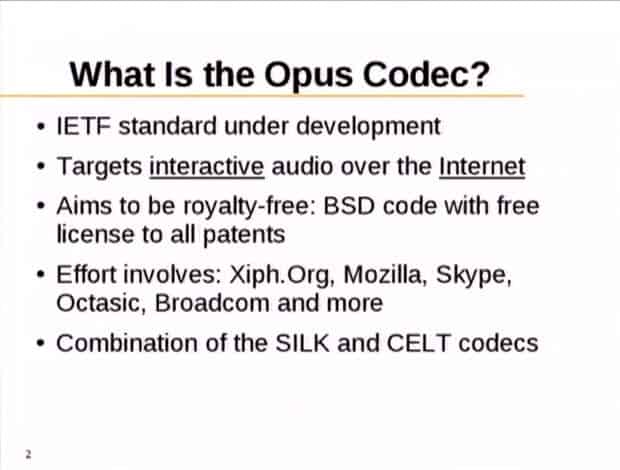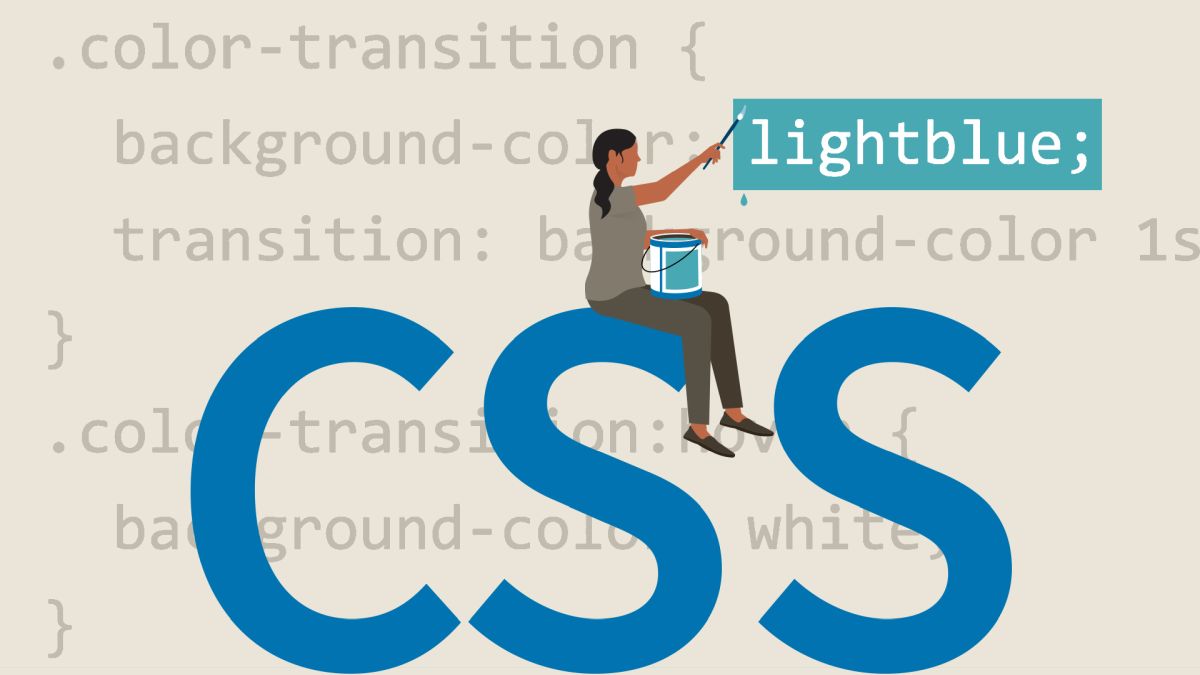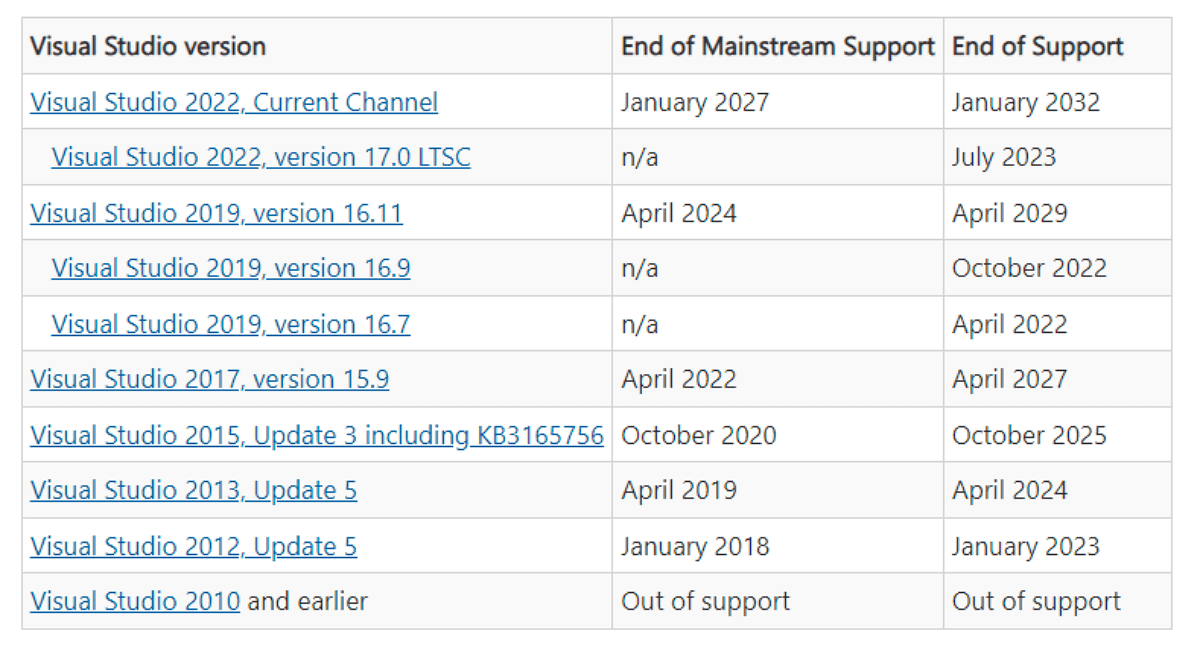Opus free audio codec now standardized

You may have heard previously about the free audio codec Opus, for instance when Mozilla some time ago announced that support for it has been integrated into the Firefox web browser.
The audio codec has been standardized by the IETF (Internet Engineering Task Force) which should increase adoption rates. When you look at the list of companies and organizations that worked on the codec, you will notice that Mozilla, Microsoft (through Skype) and Google are on the list. Mozilla at the time of writing is the only one of the three that has integrated Opus into a web browser.
The Opus audio codec has been designed as a highly flexible yet superior codec for the Internet and interactive content.
Some of its benefits include better compression compared to popular formats such as mp3 or aac, support for realtime and pre-recorded applications, and adjustable bitrates and bandwidth. For the Internet, this means a low bandwidth codec with better audio quality and lower latency than comparable audio codecs.
Mozilla's Timothy B. Terriberry has this to add.
Opus compresses speech especially well. Those same test results (slide 19) show that for fullband mono speech, Opus is almost transparent at 32 kbps. For audio books and podcasts, it’s a real win.
Opus is also great for short files (like game sound effects) and startup latency, because unlike Vorbis, it doesn’t require several kilobytes of codebooks at the start of each file. This makes streaming easier, too, since the server doesn’t have to keep extra data around to send to clients who join mid-stream. Instead, it can send them a tiny, generic header constructed on the fly.
You can listen to a sample audio track on the linked Mozilla web page, provided that you are using a browser supporting Opus (Firefox 15 and up).
What makes Opus special is that it can compete with high latency and quality audio codecs such as mp3, aac or Vorbis, but also with low latency and low quality speech codecs such as Speex, G.729 or Amr-NB.
Tests show that at 64 kbps, Opus will sound better than HE-AAC, Vorbis and MP3. The codec is also very flexible, supporting bitrates from 6 kbps to 256 kpbs per channel.
The codec is already used by applications such as Mumble, Firefox, Icecast or foobar2000. The Skype team announced recently plans to implement the Opus audio codec in the application to provide its users with CD quality audio.
Additional information about Opus are available on the project website. There you find tools to download, comparison information, examples and licensing information.



















It sounds like a boon to pretty much anything that uses sound online. I did not know that Mumble already uses this versatile codec, either.
Nice write-up on a potentially game-changing codec. Can’t wait to try ‘er out.
*For what it’s worth, I don’t think opus support is built into Mumble just yet, or at least, I couldn’t find it. But their wiki states it is being prepped for a forthcoming release.
You are right, it will be included in Mumble 1.2.4.
Good news everyone!
Opus and Vorbis support in Internet Explorer for HTML5 is currently up for vote as of this writing. Please vote it up here so that webpages using HTML5 audio with Opus will work in Internet Explorer (all you need is an email address to vote): https://wpdev.uservoice.com/forums/257854-internet-explorer-platform/suggestions/6513488-ogg-vorbis-and-opus-audio-formats-support-firefox
Chrome, Firefox, and Opera already support these awesome codecs. Since Internet Explorer is currently the world’s #2 most popular web browser, support from Internet Explorer will help market adoption, even if you don’t use Internet Explorer.